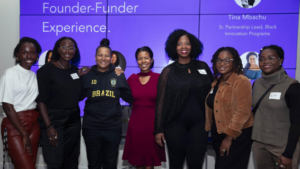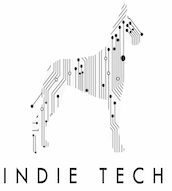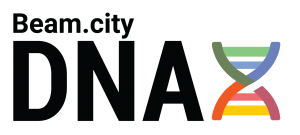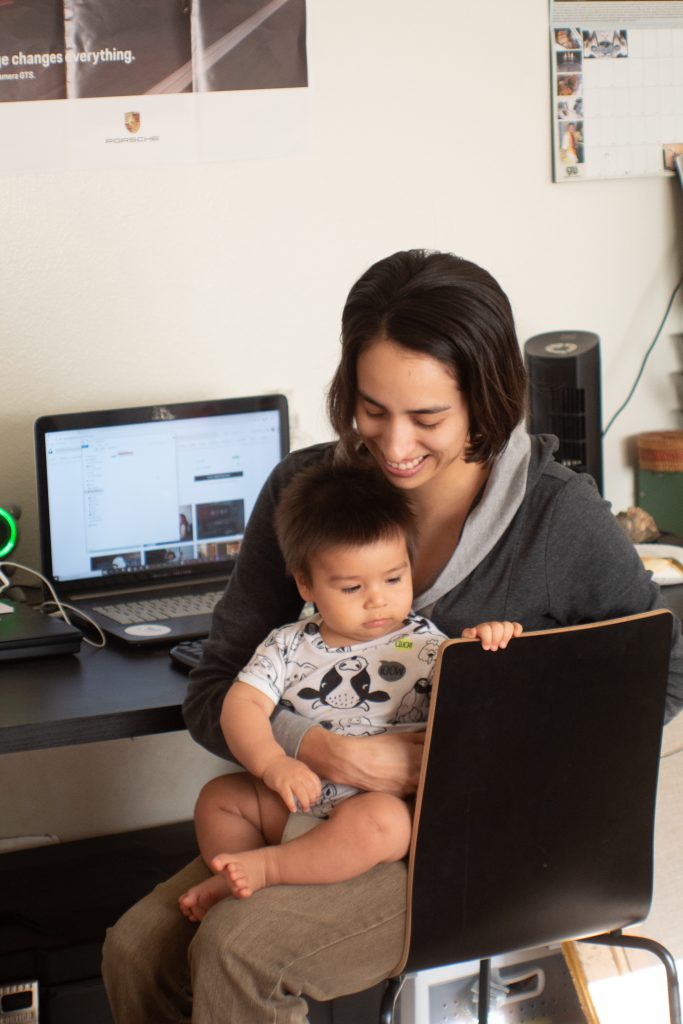Insightful lessons on financial planning, personal empowerment, purpose-driven leadership and a hustler mindset.
In collaboration with Black Women Talk Tech, DMZ held an evening designed to highlight the success of Black women in tech by bringing together the ecosystem to spark conversations on how to empower founders best.
Black Women Talk Tech provides Black women with a platform to voice ideas and access support. Today, it’s become the largest gathering of Black women tech entrepreneurs, inspiring countless others to follow in their footsteps and make their mark in the tech industry. DMZ was thrilled to partner with them for their debut event in Canada.
Here’s a breakdown of the event’s key takeaways for Black women in tech navigating the ecosystem:
- Plan for financial readiness
- Harness your personal experiences
- Identify your north star and go for it
- Develop a hustler mindset

Our esteemed panel featured a lineup of accomplished individuals:
- Giselle Melo, the Founder and General Partner at MATR Ventures
- Brenda Ahenkorah, the Founder and CEO of My Well Self
- Melissa Allen, the Executive Director and Venture Partner of League of Innovators and Founding Partner of Capital M Ventures
- Ehizogie Agbonlahor, the Founder and CEO of Anutio
Here’s what they had to say.
Plan for financial readiness

When it comes to entrepreneurship, financial readiness is everything. Giselle Melo, Founder and General Partner of MATR Ventures, encourages entrepreneurs to get a head start on financial planning. From understanding your runway to knowing when the optimal time is to seek funding, meticulous planning and financial readiness enabled Melo to launch MATR Ventures in 2021.
By following her lead and having a strong grasp of your finances and where you head as an entrepreneur, you’ll be positioned to turn your dreams into a reality when the timing is right.
Harness your personal experiences

Having established her name in the pharmaceutical industry, Brenda Ahenkorah, the Founder and CEO of My Well Self, was disappointed to see the lack of support and resources available during her own personal health challenges. After conducting extensive research herself, Brenda realized that she needed to take matters into her own hands and launched My Well Self.
Brenda’s success with My Well Self is a testament to leveraging our personal stories as sources of innovation and motivation to fuel our entrepreneurial pursuits.
Identify your north star and go for it

As the Executive Director and Venture Partner of League of Innovators and Venture Partner of Capital M Ventures, Melissa Allen’s lesson stems from her own experience that led her to transition from the corporate world to entrepreneurship. As a financial advisor, she noticed that her clients — who were women of colour — faced steeper financial challenges than their counterparts. Recognizing that those who thrived often had side hustles, Melissa saw an opportunity for impact, which motivated her to step into entrepreneurship.
For Allen, her driving force comes from a desire to influence positive change and ensure equitable representation at decision-making tables. She emphasized the importance of having a guiding north star to turn to when the journey gets tough, and obstacles are thrown your way.
Develop a hustler mindset

Ehizogie Agbonlahor, the Founder and CEO of Anutio, shed light on the importance of developing a hustler mindset. A mindset that can be broken down as unwavering determination and relentless resourcefulness, Ehizogie identified a gap in career guidance tools and decided to develop Anutio.
Embracing a hustler mindset involves resourcefully leveraging all available means, as demonstrated in her case by tapping into the expertise of her brother’s AI skills to build the platform and by doing everything she possibly could to get her first 500 sign-ups.
Ehizogie teaches us a very important lesson here — avoid waiting around for opportunities; instead, actively seek and create them.
Feeling inspired? Embark on your entrepreneurial journey with DMZ. Our Black Innovation Programs equip Black founders with the tools, resources and community to succeed. Learn more at dmz.to/BIP and apply today.




 The first automated consulting management system uniting consultants and clients,
The first automated consulting management system uniting consultants and clients, 
















 Zeze Peters, Founder & CEO of
Zeze Peters, Founder & CEO of  Kate Mansouri, Founder & CEO of
Kate Mansouri, Founder & CEO of 
 As the digital workplace and classroom may very well be our reality for the next while, we asked founders if they have tips to offer other parents for improving work-life balance and family dynamics in the current environment. Parents also explain that amidst the pandemic, they have seen some benefits to keeping the family at home – and have been embracing the silver linings that have come with it.
As the digital workplace and classroom may very well be our reality for the next while, we asked founders if they have tips to offer other parents for improving work-life balance and family dynamics in the current environment. Parents also explain that amidst the pandemic, they have seen some benefits to keeping the family at home – and have been embracing the silver linings that have come with it.

 Off2Class
Off2Class Fasken
Fasken
 DMZ has partnered with
DMZ has partnered with  Andrew Wells is the CEO of
Andrew Wells is the CEO of  Think back to when you started your company. Was it you and your cofounder working around a kitchen table? That’s when your legacy approach was first formed. How you made decisions together, how you defined your priorities, how you structured your company. Then you grew from a team of four to eight to 16. Your organizational structure was solidified, and your early culture was born. As you went from your series A round to your B round, you gave investors different rights and you established different classes of shares. All of this defined how decisions would be made and who had a seat at the table.
Think back to when you started your company. Was it you and your cofounder working around a kitchen table? That’s when your legacy approach was first formed. How you made decisions together, how you defined your priorities, how you structured your company. Then you grew from a team of four to eight to 16. Your organizational structure was solidified, and your early culture was born. As you went from your series A round to your B round, you gave investors different rights and you established different classes of shares. All of this defined how decisions would be made and who had a seat at the table.


